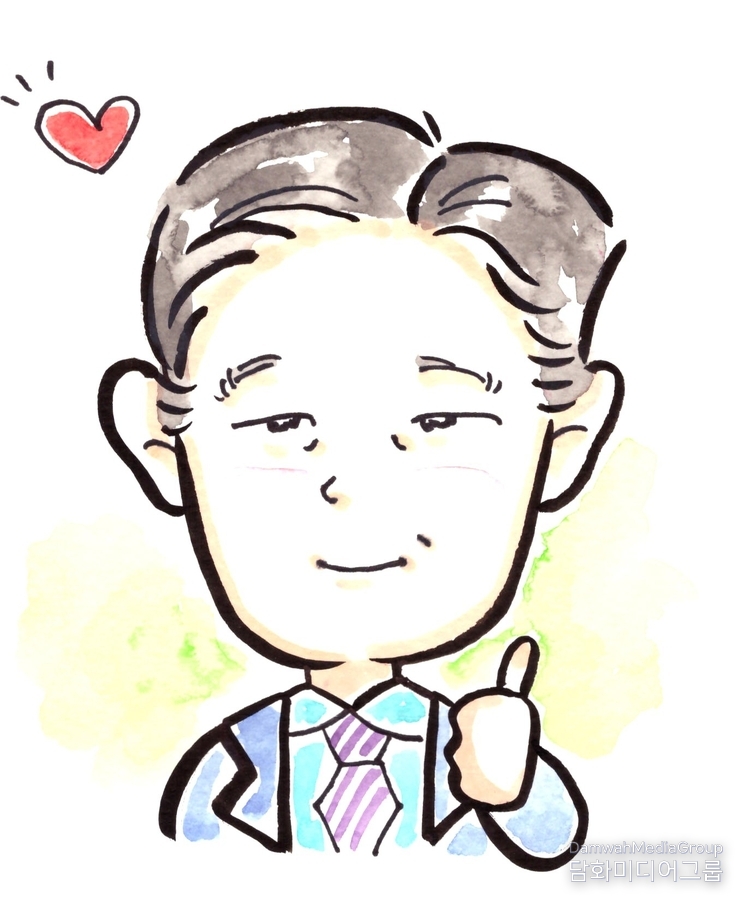By Diplomacy Journal Lee Jon-young
President Yoon Suk-yeol's declaration of martial law was a political decision made in the midst of a bitter confrontation with the largest opposition Democratic Party of Korea, and the legitimacy and controversy surrounding it have garnered much attention in South Korean politics and among the public.
It is difficult to view this as a simple political party dispute. Martial law can only be declared in the event of a national crisis under the Constitution, and the debate over why the president declared martial law and its legitimacy has pitted the Democratic Party and the conservative camp against each other, creating a situation of national crisis and heightened political tension.
The Democratic Party's behavior and budgetary policies are directly responsible for this.
Democratic Party's behavior and the President's declaration of martial law
1. Budget cuts, disrupting government operations
The Democratic Party cut the following major budgets.
The budget for nuclear power plants, as well as support for restoration and export of nuclear ecosystems, was cut entirely. This is seen as a setback to President Yoon's efforts to restore the nuclear industry, which has been devastated by the Moon Jae-in administration's nuclear phase-out policy.

Budgets to address youth unemployment, such as the youth support budget, the youth work experience program, and employment support for young NEETs, were also slashed.
Even the budget for the President's Office, which is necessary for the operation of the presidential office, was cut, severely limiting the president's administrative activities.
The budgets for the prosecution, audit, and police, as well as those for the prosecution's investigative activities, the audit function, and the police's policing activities, were also cut entirely.
This has led to criticism that the key intention is to paralyze the President Yoon's government.
2. Increased budget for 'pro-China' projects
In contrast to the budget cuts, the Democratic Party has significantly increased the budget for certain projects, including renewable energy projects, the Saemangeum project, and local love vouchers.
Renewable energy is criticized as a typical pro-China policy. The budget for the Saemangeum new airport and highway project is criticized for being biased in favor of certain regions.
On the other hand, budgets that could increase economic profitability and national competitiveness have been cut, raising suspicions that these budget increases are politically motivated.
3. Majority Party's 'impeachment politics'
The Yoon administration has faced 22 impeachment attempts since its inauguration, putting it in an unprecedented political confrontation. The targets of impeachment include prosecutors, auditors, and even the minister of administration, which has been criticized as an attempt to weaken the judicial and executive functions.
In particular, it has been criticized as an attempt to interfere with investigations into Democratic Party leader Lee Jae-myung, including the case of money transfers to North Korea and the Seongnam FC scandal.
4. National security crisis and the Democratic Party's theory of responsibility
The Democratic Party has been criticized for seriously jeopardizing national security by opposing the revision of the Espionage Act.
The military threats from North Korea and China, recent cases of security threats such as illegal filming of drones by North Korea and China, and leaks of military secrets are increasing, and the Democratic Party's passive attitude is pointed out as a problem.
5. Weakening industrial competitiveness and a sense of crisis in the national economy
Core industries such as semiconductors, steel, and shipbuilding are falling behind China, and even the imposition of tariffs on low-cost steel has become a diplomatic issue.
The Democratic Party's budget cuts to support the country's industrial competitiveness are highly criticized.
Yoon's justification for martial law
Declaring martial law is a constitutional right, but its implementation comes with significant political and social repercussions. President Yoon claims to have made the decision in the context of national security and administrative paralysis, and has strongly criticized the Democratic Party's parliamentary dictatorship.
What to expect
Although the Democratic party's impeachment attempt was defeated due to a lack of quorum, the Democratic Party of Korea has vowed to attempt further impeachment.
Deepening social divisions, the extreme confrontation between conservatives and liberals is deepening social divisions and is widely criticized as being fostered by the political circles.
Need for national attention
This issue is more than just a political conflict, it is a critical issue that directly affects the future of the country and the lives of the people. It is more urgent than ever for the public to be well-informed and make an impartial judgment.







